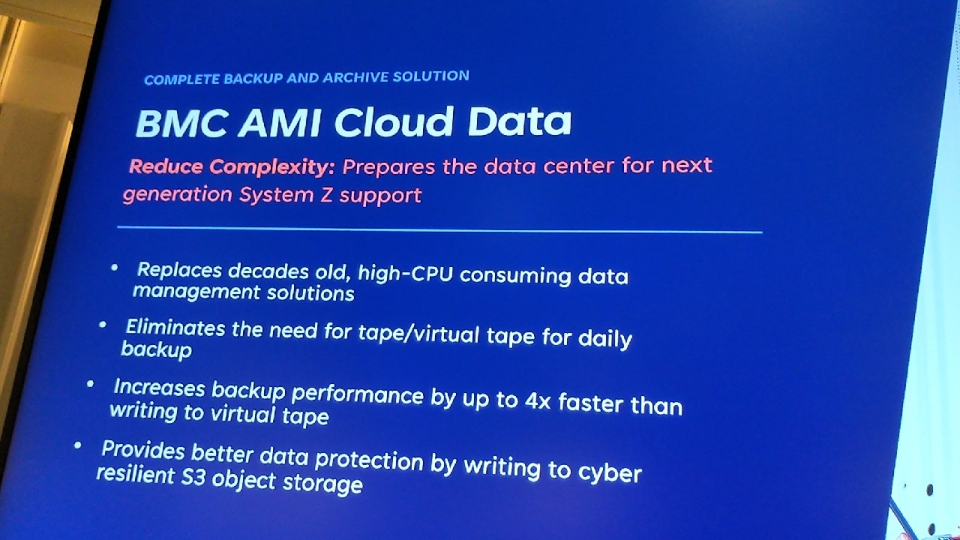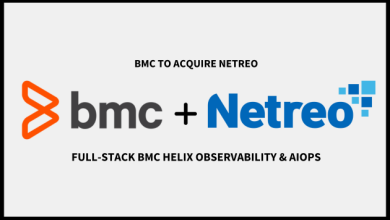
The number of mainframes in the world is continuing to go down, but the amount of data stored on them is going up, so how do the large companies that use them cope in a cloud-led world?
IT Europa attended last week’s BMC Connect event in London to find out out how key organisations were now aiming to improve the handling of their data in hybrid cloud and artificial intelligence environments. Here’s our latest coverage from the event, that was attended by hundreds of delegates, one of a number of Connect conferences held around the world this year.
Nedbank is headquartered in South Africa, and wanted to improve mainframe data management by migrating from tape storage systems to the hybrid cloud, to improve the accessibility of the data across the organisation and cut infrastructure costs. It also wanted to do it quickly.
It brought in mainframe services firm Model9, which was acquired by BMC earlier this year. It completed the whole project in just eight months, starting to put mission critical data from tapes and large IBM servers into the hybrid cloud from day one, after getting permission to do it from South African banking regulators.
It still uses its IBM mainframes, but the tape systems have been replaced and large IBM servers have been removed from its data centre, with data now backed-up and accessible in its Microsoft Azure/Amazon Web Services cloud.
According to analyst house Gartner, by 2025, 35% of data centre mainframe storage capacity for backup and archiving will be deployed in the cloud to reduce costs and improve agility, so Nedbank seems to be doing the right thing.
Ashwin Naidu, IT manager at Nedbank, said: “Previously, a backup job ran for almost an entire weekend due to tape availability. After moving this onto a cloud-based solution, it runs for a mere 36 minutes.”
The bank says it has also reduced its data centre protection costs by 50%, after setting out to put 80% of its data workload into the cloud.
The Model9 solution is now packaged as the BMC AMI (automated mainframe intelligence) offering. Gil Peleg, senior director of product management in cloud, who came from Model9, said the size of his team had tripled since the acquisition six months ago.
“As part of a bigger brand we have the opportunity to grow further, expanding cloud abilities and services,” he said. AMI is a boon to both the BMC sales team and the company’s partners, he maintained.


